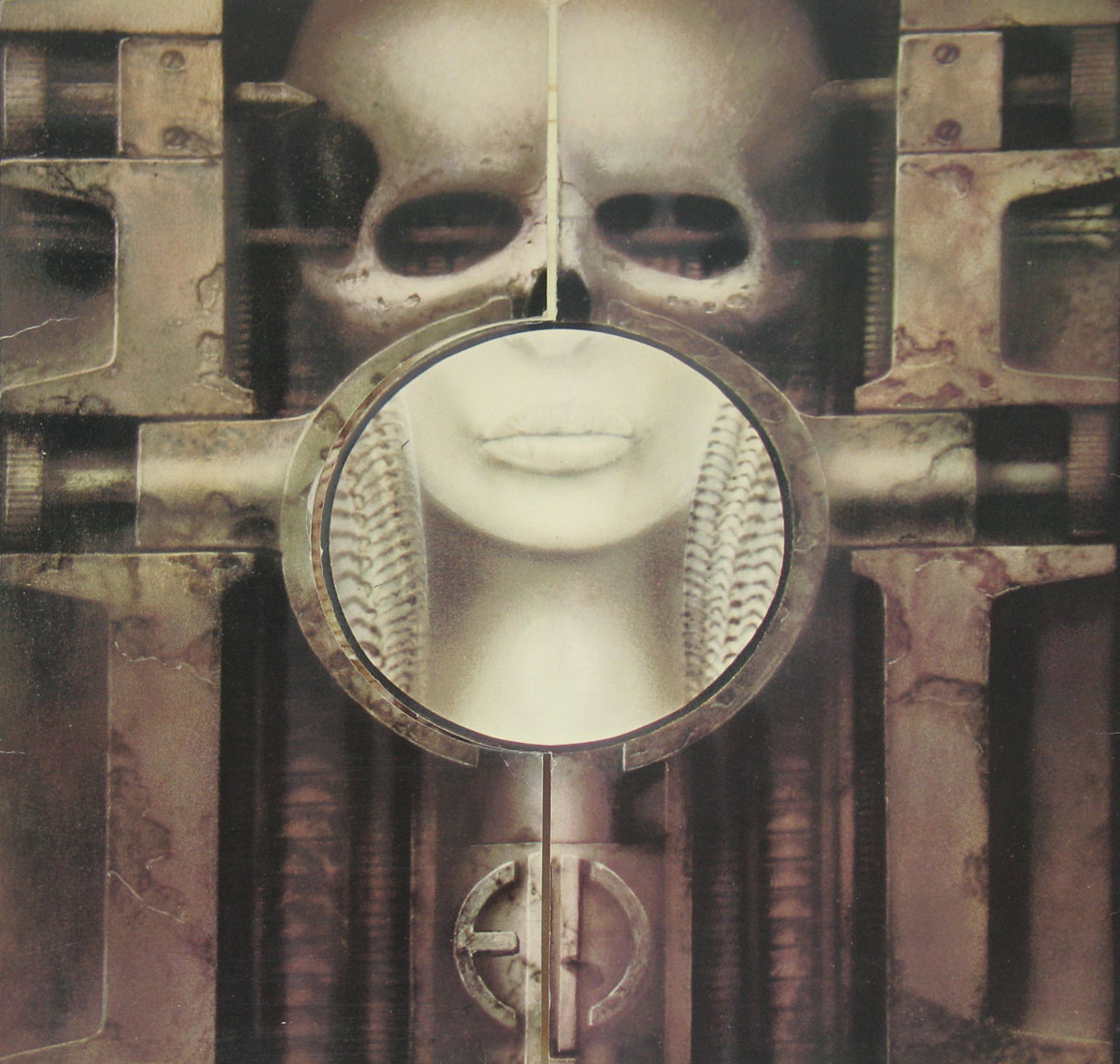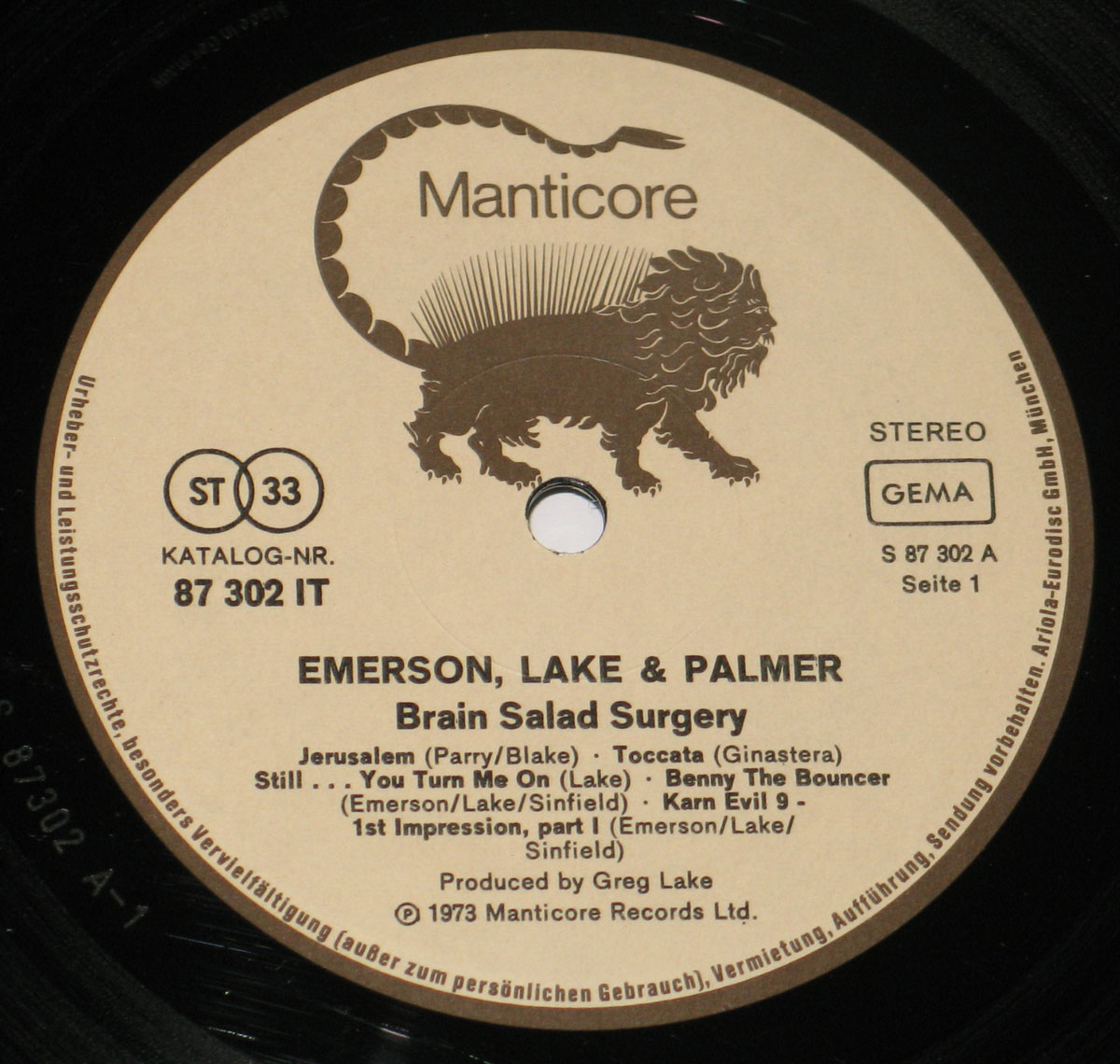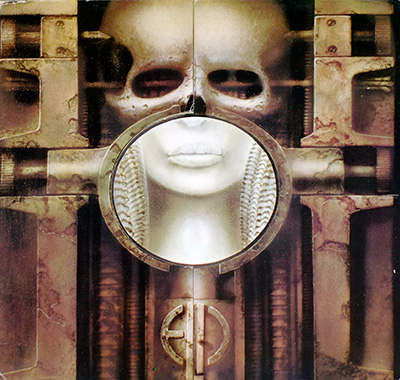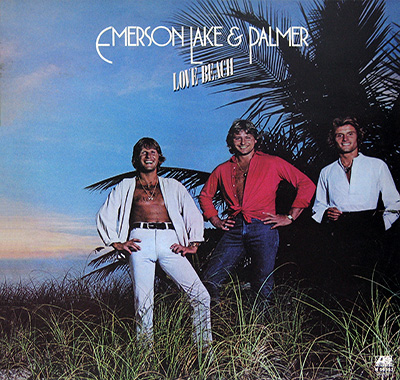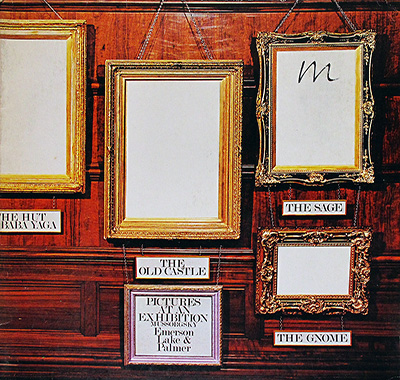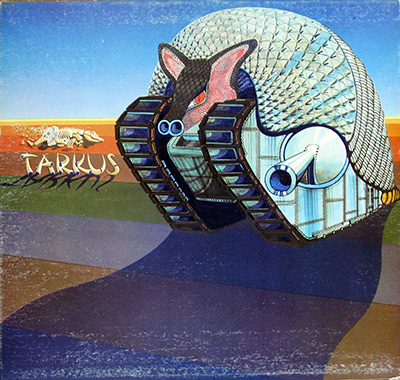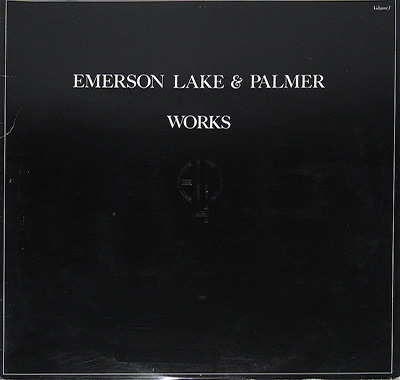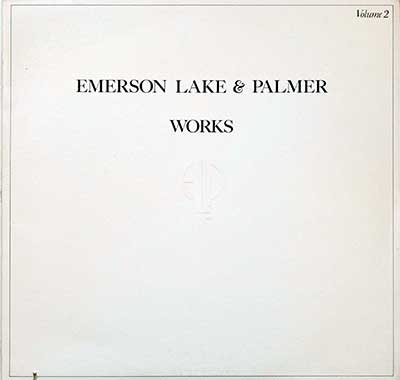"Brain Salad Surgery" Album Description:
In the grand, slightly unhinged cathedral of early-70s progressive rock, Emerson, Lake & Palmer hit one of their sharpest peaks with "Brain Salad Surgery", released in 1973. It’s their fourth studio album, and it captures ELP at full stride: huge ideas, bigger performances, and the kind of confidence that makes a three-minute pop song feel like a rumor.
Progressive rock was thriving at the time on complexity, long-form structures, and genre-mashing ambition. "Brain Salad Surgery" doesn’t just follow that trend, it leans into it with both hands—classical moves, rock muscle, and a futuristic edge that feels engineered, not accidental.
The album was produced by Greg Lake, and that matters. His production keeps the chaos organized: the keyboards don’t smear into noise, the drums stay punchy, and the album still sounds deliberate even when it’s trying to melt the walls. It’s glossy enough to feel “big,” but not so polished that it loses its bite.
One thing to fix: "Brain Salad Surgery" is not a strict “concept album” with one continuous storyline. What it does have is a conceptual centerpiece—"Karn Evil 9", a multi-part suite built around three impressions (with the first split into two parts). That’s where the album goes full dystopian theatre, playing out a man-versus-machine vibe with enough drama to power a small city.
Around that epic, the tracklist shows ELP’s range: the grand ceremonial sweep of "Jerusalem", the percussive showcase of "Toccata", the melodic breathing space of "Still...You Turn Me On", and even the not-so-subtle pub-scene humor of "Benny the Bouncer". It’s an album that can sound like a concert hall, a rock club, and a sci-fi broadcast—sometimes in the same side.
From a sound standpoint, the synth work is a major part of the identity here, especially the way Keith Emerson uses the Moog to push the music into that cold, futuristic territory without losing the physical punch of a rock band. This is “electronic” in the sense of new tools used aggressively, not as background decoration.
And since this page documents different vinyl editions, the German 12" LP angle belongs in the collector’s frame: it’s part of how this record travelled and landed across Europe, and why “Brain Salad Surgery” still turns up in multiple pressings worth comparing when you care about artwork, labels, and the way the mastering hits your speakers.
